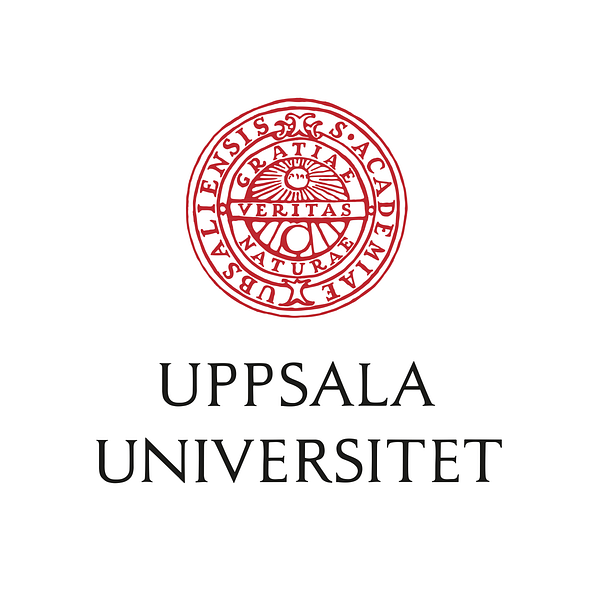Pressmeddelande -
Russian gas to fall short of EU demand
The political ramifications of dependence on Russian natural gas are a current, lively topic of debate within the EU. One issue that deserves more attention is whether sufficient gas will even be available for export to the EU. So argues physicist Bengt Söderbergh, whose dissertation provides an assessment of future Norwegian and Russian gas export levels. He is scheduled to defend his dissertation on 19 February at Uppsala University.
According to forecasts by the International Energy Agency (IEA), production of natural gas within the EU will decline from the 2006 level of 216 billion cubic metres per year (Gm3/year) to 90 Gm3/year by 2030, even as demand for gas is expected to rise significantly. The need to import gas will accordingly increase by up to 90 per cent during the period. Russia and Norway are currently the most significant suppliers of gas to the EU. Their combined share of the EU’s gas imports during 2006 was 62 per cent.
Bengt Söderbergh’s dissertation aims at an evaluation of future levels of Norwegian and Russian gas exports to the EU. Norwegian and Russian gas production scenarios were developed based on modelling of production from individual gas fields. The combined production from the largest fields – the so-called “giant fields” – was forecast.
EU energy security is significantly dependent on production from a relatively small number of Norwegian and Russian fields. Almost all of Norway’s production derives from 18 large fields, 9 of which are classifiable as giant fields. Essentially all of Russia’s production derives from 36 giant fields.
The findings show that there is little potential for an increase in the level of Norwegian gas exports to the EU. All of the scenarios studied indicate that Norwegian gas production will be in decline by 2030, by which year Norwegian gas deliveries to the EU via pipeline may have fallen by as much as 20 per cent from today’s level. A study of potential production from Russian giant fields indicates a maximum increase of 45 per cent in the level of Russian gas exports to the EU by 2030. In absolute terms, this corresponds to approximately 70 Gm3/year. A number of additional factors may entail significantly lower actual export capacity.
“The single most important determinant of whether the current level of Russian gas exports to the EU will increase will be whether gas fields on the Arctic Yamal Peninsula enter production in 2012 and thereafter,” says Bengt Söderbergh. “Many of the Russian fields yet to enter production are located in Eastern Siberia and in the area of Sakhalin in the Russian Far East. Surplus production from these regions will in all probability be exported to Asian markets, primarily the Chinese market.”
The results and assumptions presented in the dissertation are inconsistent with a 90 per cent increase, over the 2006 level, in imports by the EU. Dependence on pipeline-borne gas imports is not the only matter with vital implications for EU energy security. The geopolitical ramifications of dependence on importation of Russian gas via pipeline are currently a lively topic of debate within the EU.
From a European energy security perspective the dependence of pipeline gas imports is not the only energy security problem to be in the limelight, the question of physical availability of overall gas supplies deserves serious attention as well.
“There is a lively discussion regarding the geopolitical implications of European dependence on imported gas from Russia. However, the results of this thesis suggest that when assessing the future gas demand of the EU it would be of equal importance to be concerned about diminishing availability of global gas supplies, says Bengt Söderbergh.”
For more information, please contact Bengt Söderbergh, +46 (0)70-425 05 64, e-mail: bengt.soderbergh@fysast.uu.se
An electronic copy of this dissertation is available on the Uppsala University website.
Ämnen
Regioner
Uppsala University - quality, knowledge, and creativity since 1477. World-class research and outstanding education of global benefit to society, business, and culture. Uppsala University is one of northern Europe's highest ranked academic institutions. www.uu.se
